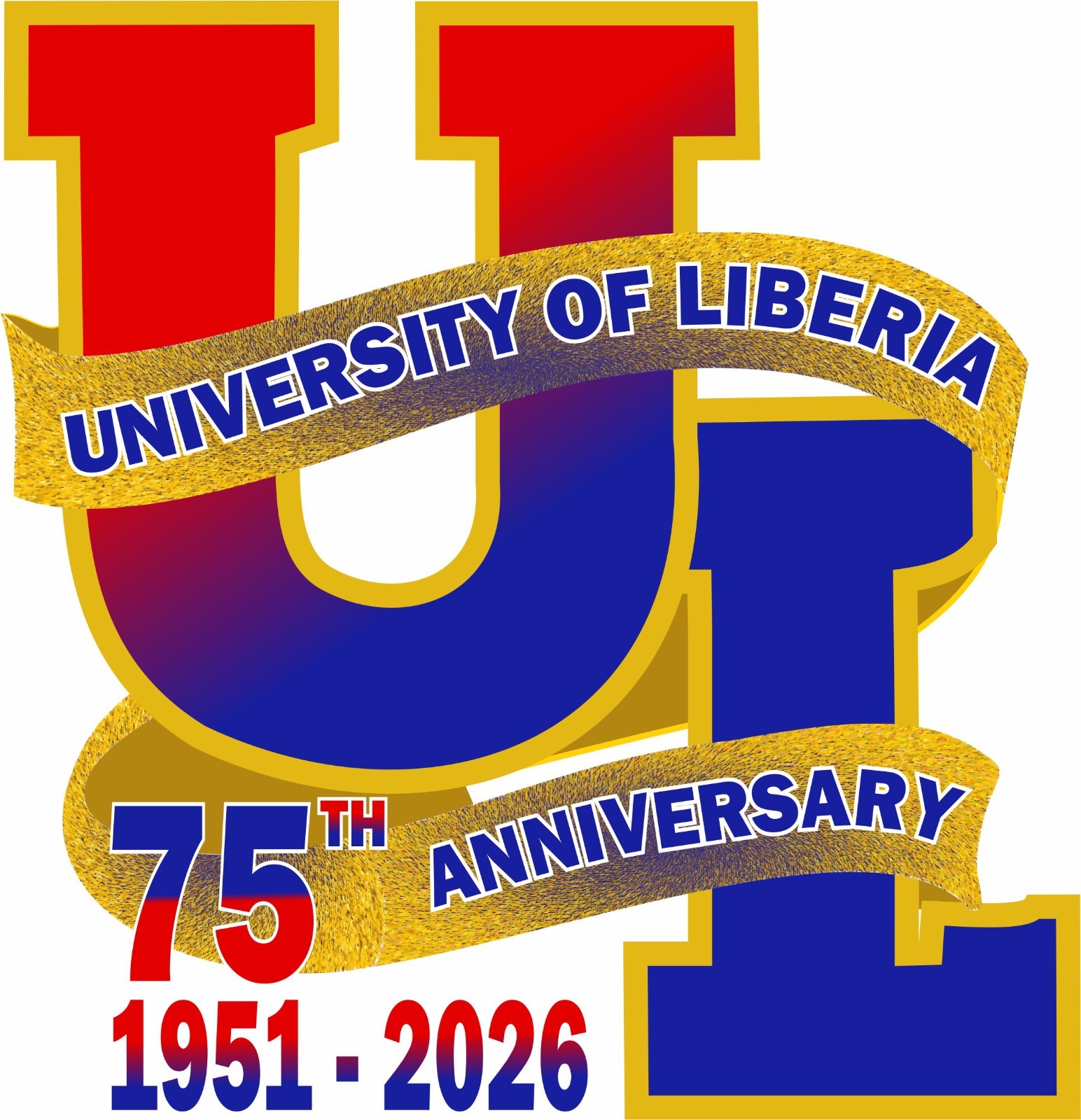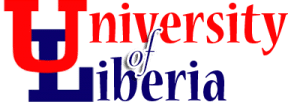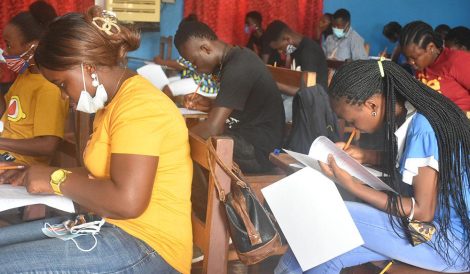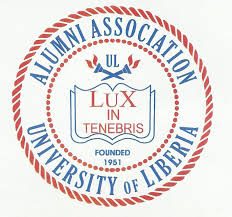ECOWAS Commission Meets UL Ahead of Regional Research Competition

A team from the Economic Community of West African States (ECOWAS) Commission has met the President of the University of Liberia (UL), Prof. Dr. Julius Julukon Sarwolo Nelson, Jr., and his Vice Presidents, Academic Deans and Administrators ahead of a regional competitive research forum due this year.
On the team were ECOWAS Director of Education, Prof. Abdoulaye Issaka Maga; Dr. Kouakou Roland, Head of Division, Science and Technology, ECOWAS; and Dr. Zida R. Emile, Head of Division, Arts and Culture, ECOWAS.
They were led to the UL Campus on Capitol Hill by alumna Irene Wallace, a Liberian who also works with the ECOWAS Commission Office in Monrovia.
Two separate forums are due to be held at separate times, which are the African Forum on Research and Innovation (FARI) and the ECOWAS Research and Innovation Support Program (PARI).
The date approved for the PARI forum is 17 to 21 of October 2022. The aim of the forum is to bring together decision – makers, researchers in the region and journalists at a competitive program geared toward selecting the best projects submitted by researchers through calls for applications.
Among other things, the program is in the action plan of the ECOWAS policy on Science, Technology and Innovation (ECOPOST), and is in close line with the Community Strategic Framework. This project’s vision is to bring the researchers to work together, and to also train young researchers within the ECOWAS region. It is meant to provide a response to the challenges confronting the research sector in the ECOWAS region, among which are degradation of equipment and infrastructure, low production of researchers, and development of regional research programs. The idea of bringing researchers together is drawn from observation that there is no integration among the researchers in ECOWAS, and they did not fight past pandemics like COVID – 19 and Ebola together.
A country wishing to participate in the program can set up an inter – ministerial committee to look at all applications and come up with a proposal of the country to be sent to the ECOWAS Office. In the case for Liberia, the ECOWAS team said this can be done through the Ministry of Foreign Affairs in Monrovia because it is the entry point of ECOWAS to Liberia. The various categories for the competition are Science and Technology; Political Category, Arts and Culture, and an Award for a Deserving Citizen. A country will select two or three startups to hunt for exhibitions. The project’s goal is “ Innovation, Let’s give opportunity to the Youth” so that they can also create jobs.
During the meeting with the UL Authorities, Prof. Abdoulaye Issaka Maga explained that the expectation is that for each category, there should be one nominee for a country. “If we say Science, it should be one, not two or more,” he said, cautioning that these are used to disqualify a country. He urged the University of Liberia to appoint a focal person that can be in touch for the program.
Dr. Kouakou Roland, Head of Division, Science and Technology, ECOWAS, said for the Science and Technology category, focus will be given to professors, writers of different articles and Liberian researchers who are based in their home country. “It is a regional competition, so you have to send somebody that you think can be qualified and get the prize,” said Dr. Roland. Stating the various cash prizes for this year’s competition, Dr. Roland said Science and Technology is US$25,000; Political area is US$20,000; Art and Culture is US$15,000; Letter is US$10,000; and Deserving citizen category is US$10,000. Beside the cash prizes, he said a project was approved by the World Bank for the winner of the Science and Technology award for last year. According to Dr. Roland, the three best startups in the region will be selected, with around US$100,000 allotted for the first winner; around US$60,000 for the second person; and US$40,000 for the third person.
Dr. Zida R. Emile, Head of Division, Arts and Culture, explained that the prize is presented by the authority of the head of state or the president of a country. Emile termed the award as prestigious. For the technical category this year, he said Scientific Research will be needed for Science and Technology; while music is chosen for the Arts category. He said August 10, 2022 has been set as the deadline for the submission of applications. Dr. Emile added that each country should send only one application for each of the categories, and the nominee should be someone that is well known for their contribution and is celebrated by their country. According to him, the submission can be dropped at the ECOWAS Office in Liberia through the Ministry of Foreign Affairs. An individual cannot apply for any of the categories, but applications can only be done through institutions. He noted that the essence is to celebrate the great work done by some citizens of the region.
Receiving the ECOWAS team, President Julius Julukon Sarwolo Nelson, Jr., thanked the delegation for coming to Liberia and visiting the UL. He also appreciated the team for sharing such information, the criteria and guidelines for the research competition with UL, after they met other institutions in Liberia over the past days of staying in the country.
Dr. Nelson specifically thanked Madam Irene Wallace for bringing the ECOWAS team to her alma mater leading to fruitful interaction with the UL Authorities. He noted that the UL Administration will identify a focal person that will work closely with the ECOWAS Commission Office in Monrovia to increase the participation of Liberians.
President Nelson also indicated that UL will get in touch with the authorities at the Ministry of Foreign Affairs and the Ministry of Education as to how best the coordination can be done. “But your visit here today has given us a new dynamism to ensure that we utilise all the opportunities and possibilities with the ECOWAS Commission so that we can put Liberia on the map,” Dr. Nelson concluded.



